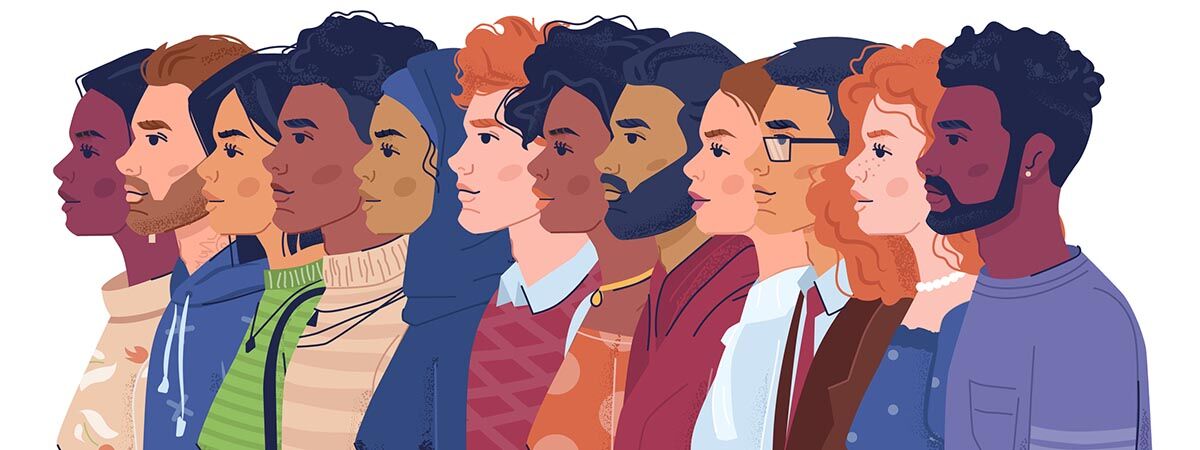When we launched Europe’s first Black Studies undergraduate degree, we knew it was an important step in the right direction. Now, more than ever, it is important to shine a light on the history, politics, popular cultures, artistic and social movements of people across the African diaspora.

Recent events have shown that education on these topics is vital to social change. The more widely known, and academically examined, the experiences of Black people are, the better. That is why in 2020, we launched another degree, BA (Hons) Black Studies (Criminal Justice), which has a particular focus on what has become a huge issue for Black communities around the world.
In this article, we’ll examine both courses, looking at what sets them apart from other Sociology degrees, so you can see which one may be right for you.
BA (Hons) Black Studies
Key Modules
- Researching Black Lives
- Black Intellectual Thought
- Race, Racism and Ethnicity
- Exploring Popular Culture
- Blackness in Britain
The purpose of our BA (Hons) Black Studies degree is to foster innovative teaching, learning and research that addresses historical and contemporary Black social life, culture and political activism both in Britain and across the African Diaspora. There has been a long tradition of Black Studies in the United States, but in the UK, Black Studies has been taught more sporadically in higher education without having an independently named degree course or disciplinary home (until now).
Black Studies at Birmingham City University is an interdisciplinary subject that is committed to working with the wider community. The course aims to make a transformative impact upon society. Throughout the degree, we will engage you in the thinking and practice of contextualising your work within communities, and where possible, connecting you to projects and organisations outside of the University.
The course seeks to enable students with the capacities and skills needed to apply decolonising intellectual knowledge to a range of strategies for advancing community self-representation, social justice and global human rights. These commitments are based on the understanding that the perspectives and lives of people throughout the Black diaspora are entangled in complex intersecting power relations, structures and processes.
BA (Hons) Black Studies (Criminal Justice)
Key Modules
- City, Community and Culture
- Understanding Society
- Race and the Racialization of Crime
- Working in Criminal Justice
- Rehabilitation, Reintegration and Re-entry
The aim of BA (Hons) Black Studies (Criminal Justice) is to break down traditional barriers and apply the work we do on campus to improving the conditions facing those who live off campus.
In Britain, as in the US, Black people are more likely to be subject to stop and search, arrested, charged, given a prison sentence and even to die in suspicious circumstances after police contact. The situation is particularly bad for young people, where ethnic minorities represent half of all those held in young offender institutions. None of this is new and there have been decades of campaigns and protests around the injustices in the system. The aim of this degree is to provide the context to understand the issues as well as the tools and experience to work to remedy these major social problems.
You will take Black Studies modules, which explore the history, politics and experience of Black communities as well as examining the issues in society that produce such stark inequalities. Alongside these modules, you will study Criminology-specific modules that explore the basis of, and issues with, the criminal justice system.
Whichever of our two degrees you decide to take, Birmingham City University offer you the chance to take your study further. Our extensive placement options allow you to put the skills you are learning on your course into action, so you can start making a change in your community before you graduate.




